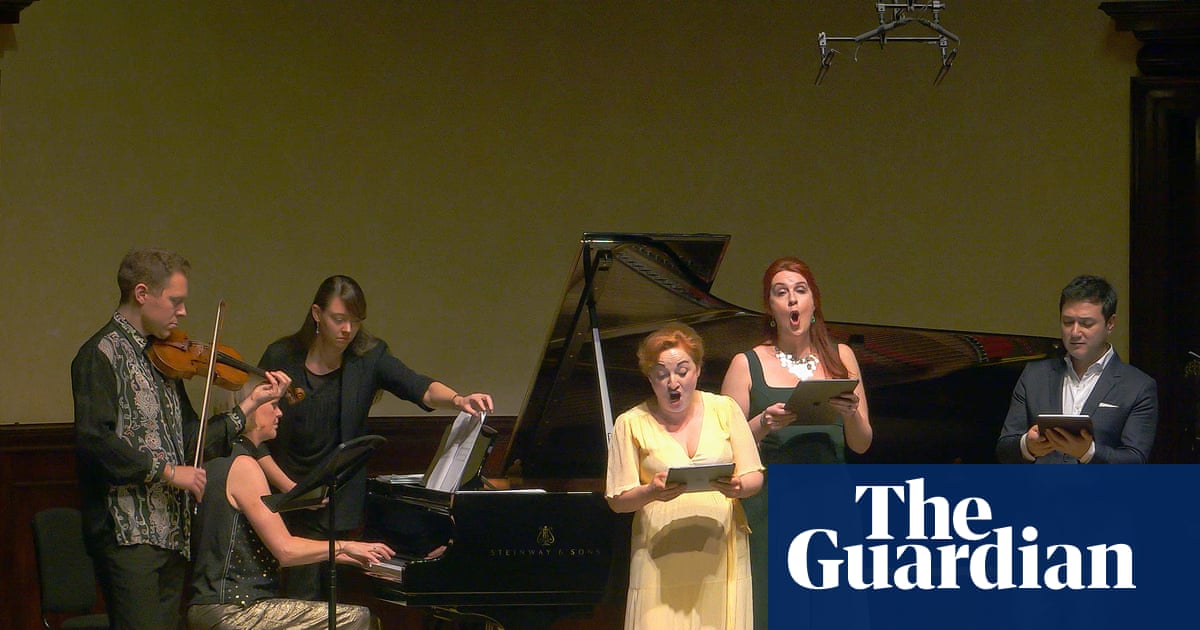
"Among the plethora of female composers finally receiving their due in recent years, Rebecca Clarke stands out for sheer quality and consistency of inspiration. Born in 1886, she studied with Stanford, worked with Vaughan Williams and, as a virtuoso violist, became one of the first professional female orchestral players in London. Relocating to the United States, her output declined, but her spirited chamber music and more recently her rediscovered songs, have proved fertile ground for today's performers."
"Ashley Riches' warm baritone embraced Clarke's memorable melody for Yeats' Down by the Salley Gardens while raising a smile in The Aspidistra, a melodramatic song about the calculated murder of a pot plant. American tenor Nicholas Phan lent his bright, lyric instrument and an expressive stillness to a handful of early German songs and brought an understated sensuality to The Cherry-Blossom Wand (Clarke once described the dividing line between music and sex as so tenuous as to be almost non-existent)."
Rebecca Clarke (born 1886) combined rigorous training with a career as a virtuoso violist and was among the first professional female orchestral players in London. Her relocation to the United States coincided with a decline in output, yet her spirited chamber pieces and recently rediscovered songs have become prized repertoire. A programme juxtaposed youthful compositions with works from Clarke's productive 1920s, featuring distinct vocal timbres and sensitive viola interpretation. Performances highlighted melodic strength, Orientalist influences in settings of Chinese poetry, wit in character songs, and the masterly viola sonata, with an overall high hit rate despite occasional unevenness. The Seal Man remains her best-known song.
Read at www.theguardian.com
Unable to calculate read time
Collection
[
|
...
]